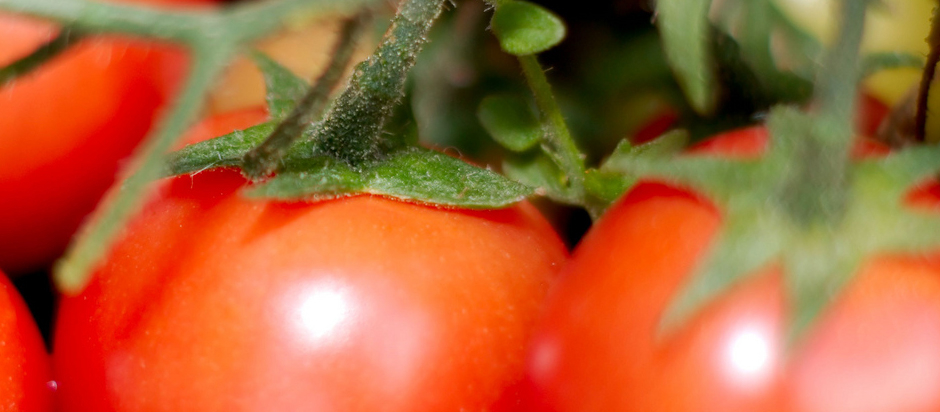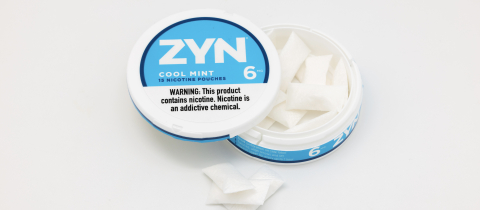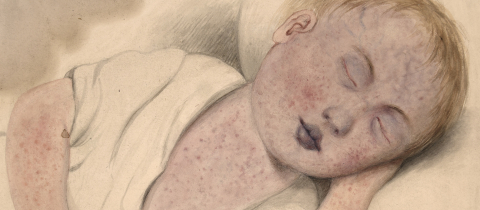You've probably seen the headlines over the years. There are loads of them, all with the same flavour. “Tomatoes No Magic Bullet For Prostate Cancer.” “Tomatoes Fail As Prostate Cancer Preventative.” “Tomatoes No Defence Against Prostate Cancer.” These headlines certainly had many men shaking their heads over yet another bit of dietary advice gone astray. Researchers had been advising them to load up on tomato sauce to protect their prostate and the FDA in the US had even allowed specific health claims for tomato products. Heinz boasted that “The risk of prostate cancer may be reduced by eating just 1/2 to 1 cup of tomatoes, such as a single serving of pasta sauce, per week." Now, all of a sudden, tomatoes were no longer protective? What was going on? Poor reporting is what was going on. The study that generated the headlines about tomatoes failing to prevent prostate cancer actually showed no such thing. What it did show, was that blood levels of lycopene, the red pigment found in tomatoes, did not correlate with the risk of prostate cancer. But the original advice to increase dietary intake of tomatoes was never based on lycopene levels, it was based on epidemiological evidence that showed men who ate more tomato products were less likely to develop prostate cancer. The seductive rationale for this observation was that lycopene was responsible for the effect. After all, in the test tube lycopene is an excellent antioxidant and neutralizes free radicals which are assumed to play a role in triggering cancer. Supplement producers jumped all over this theory and used it to promote lycopene supplements as cancer preventatives.
But back in 2003 researchers at Ohio State University had already compared the cancer preventative properties of tomato products with those of lycopene. In prostate cancer prone rats, they found that those fed a diet containing tomato powder took significantly longer to develop the disease, and were 26% less likely to die from prostate cancer compared with those on a "control" diet containing no tomato or lycopene foods. When the rats were fed a diet of lycopene alone, the death rates from prostate cancer were similar to those fed a control diet. Obviously, there is more to the health benefits of tomatoes than just lycopene. Dozens of compounds in tomatoes have physiological activity but lycopene became the glamour boy because it is relatively easily measured and it is an antioxidant. And we have been deluged by the overly simplistic notion that oxidation is at the heart of cancer. In the current study, researchers at the Fred Hutchinson Cancer Research Center took blood samples from over 28,000 men and eight years later compared blood lycopene levels in those who had developed prostate cancer to those who had not. Like in the previous rat study. they found no protection from lycopene. Unlike the rat study, however, they did not investigate tomato consumption!
So this study certainly does not negate all the others that have demonstrated the benefits of eating tomatoes, but it does underline the fact that dietary benefits cannot be ascribed to single nutrients. The study also raised an alarm about beta carotene, with the finding that higher blood levels were associated with more aggressive forms of prostate cancer. What are we to conclude from all of this? That this much-publicized study most assuredly did not justify headlines about tomatoes failing to prevent prostate cancer. It did, however, suggest that we should be careful about jumping on the supplement bandwagon. We may fall off and roll under the wheels.







